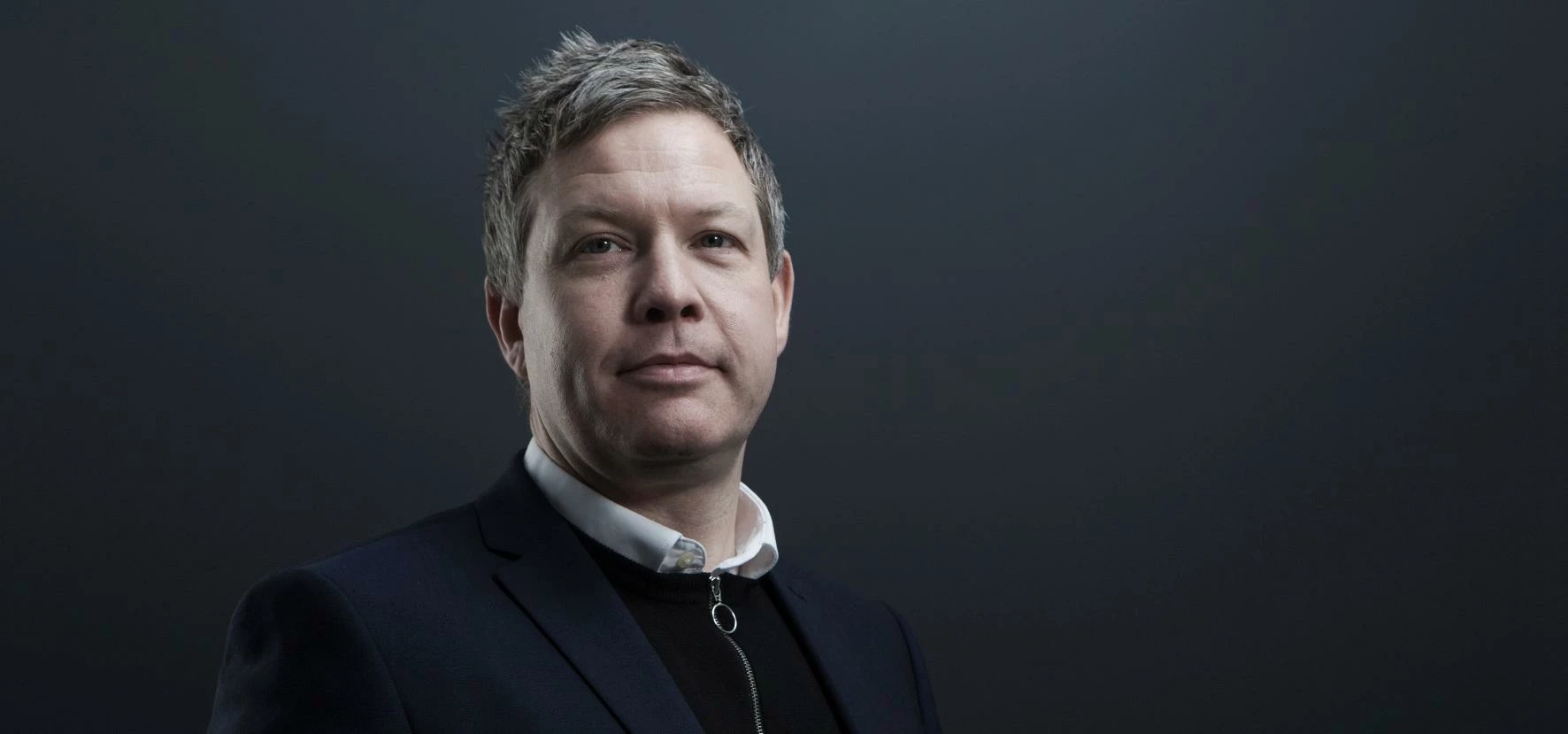
Partner Article
Brand is the business!
Colin Robertson is the Managing Director of Blumilk, a Newcastle-based, marketing, communications, design and digital agency. Blumilk was established in 1999 and has so far delivered over 12,000 successful creative projects to over 600 clients all over the UK. Here Colin explains the secrets of achieving the perfect brand for your business and why this is crucial for success:
Branding in terms of business is frequently misunderstood. It is either seen simply as logo and literature design, or alternatively it conjures up images of meetings that rarely reach a conclusion or typefaces minutely tweaked by large corporations.
We prefer to think of “brand” in terms of “reputation” and it should be one of your greatest assets.
This is what you use as the trusted, solid foundation for your business so it’s far too important to leave to chance.
Despite popular perception, your brand is not just about your logo, website or design scheme, although that is usually part of it.
Your brand should be totally embedded in the way you run and present your service – from your business values, your customer promise, business personality, the look of your premises and in the way you and your team engage with customers, suppliers and even answer the phone.
Your staff must also understand the importance of your brand 100%, agree with your business principles and be fully engaged. After all, they are often the ones delivering what you are promising.
Here are five compelling reasons why all businesses, no matter how small or large, need a good brand:
- A good brand increases your sales. It elevates and differentiates your business and gives your customers reason to choose you over your competitors. It tells prospective customers exactly what they can expect from you. Deliver on this and they will return again and again.
- A good brand contributes to a happy, committed and efficient workforce. Communicated internally as well as externally, a clear brand with a firm set of principles quickly engages staff and makes it simpler and easier for them to deliver on your promise.
- A good brand attracts talent. Successful businesses are only as good as the people who work there. People always want to work for a company they have heard of. A well-respected brand will attract and retain an excellent choice of highly qualified, experienced people.
- A good brand gives you a trusted, solid base on which to develop your organisation and take it to the next level.
- A good brand encourages and builds confidence and good will. All businesses can experience a crisis – often through no fault of their own. If you do experience a one-off issue, your customers and the public are far more likely to forgive you if your brand demonstrates you’ll do what it takes to resolve things
So how do you get a good brand identity? Here’s a very quick thumbnail guide for a small organisation:
Firstly – aside from your core business activities – you must decide what your business stands for, who you are targeting and how you wish to position yourself. Then you need to make sure that all aspects of your business are totally in line with this.
To do this, you need to initially get to grips with these basics:
- Core values – think of three or four words that sum up your business philosophy
- Business mission - one sentence: what do you want to achieve long term?
Make sure that your values and business mission reflect those of your target market.
This process as explained above presents the branding, or rebranding process in its simplest terms. For larger, many-layered, multi-audience organisations, the procedure is usually longer and more involved but the same basic principles apply.
A good brand is about clearly and consistently applying your values to everything you and your people do and say.
Building an effective brand from the inside out will give your organisation a personality that suits your customers and will grow both business and profits.
This was posted in Bdaily's Members' News section by Colin Robertson .
Enjoy the read? Get Bdaily delivered.
Sign up to receive our daily bulletin, sent to your inbox, for free.








 Ready to scale? Buy-and-build offers opportunity
Ready to scale? Buy-and-build offers opportunity
 When will our regional economy grow?
When will our regional economy grow?
 Creating a thriving North East construction sector
Creating a thriving North East construction sector
 Why investors are still backing the North East
Why investors are still backing the North East
 Time to stop risking Britain’s family businesses
Time to stop risking Britain’s family businesses
 A year of growth, collaboration and impact
A year of growth, collaboration and impact
 2000 reasons for North East business positivity
2000 reasons for North East business positivity
 How to make your growth strategy deliver in 2026
How to make your growth strategy deliver in 2026
 Powering a new wave of regional screen indies
Powering a new wave of regional screen indies
 A new year and a new outlook for property scene
A new year and a new outlook for property scene
 Zero per cent - but maximum brand exposure
Zero per cent - but maximum brand exposure
 We don’t talk about money stress enough
We don’t talk about money stress enough